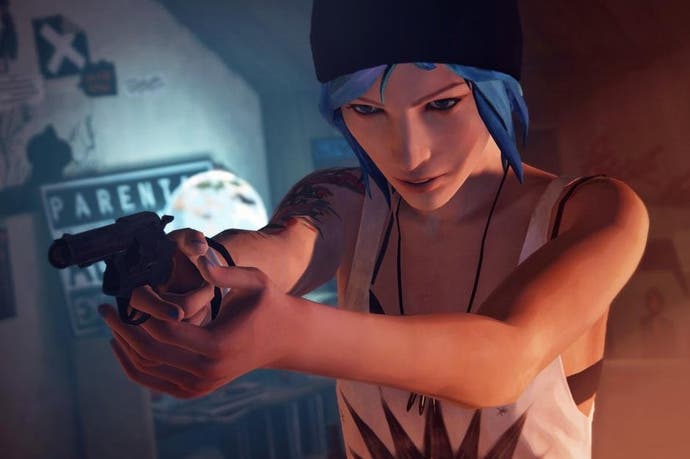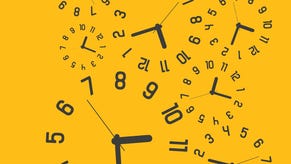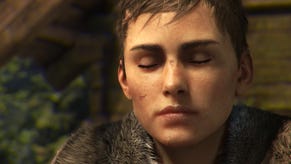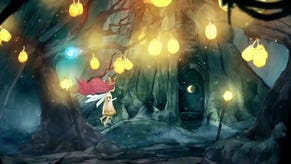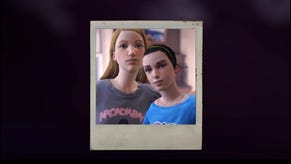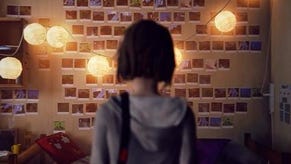Life is Strange: Episode 1 review
Donnie Darko does Gone Home?
Editor's note: We're taking a different approach to reviews of episodic game series like Life is Strange, in which the debut episode will be reviewed without a score, as here, and we'll review the whole season with a score at its conclusion.
The title of Dontnod's episodic adventure is something of an understatement. The first chapter opens with Maxine Caulfield fighting through a tornado to reach a lighthouse. As things reach an apocalyptic crescendo, she snaps back to reality and realises she's actually in her college photography class. Not long after that, she discovers she has the power to rewind time and change events for the better - or worse.
All of this is on top of more traditional late teen tribulations. Maxine is newly returned to the town of Arcadia, Oregon, after five years living in Seattle, an absence that reinforces her feelings of dislocation. Her one-time best friend is now an angry outsider, her nerdy male friend can barely disguise his clumsy romantic intentions and there's a whole labyrinth of dorm etiquette to navigate, from bitchy entitled rich kids to prudish campus Christians and shy outcasts. Flyers regarding missing student Rachel Amber papered all over the college suggest even darker problems lie ahead.
Life is strange indeed.
And yet life in this game is also oddly reassuring. While the situations are bizarre to Maxine, they're all comfortingly familiar to the player. There are elements here rather obviously drawn from games like Gone Home, whose domestic explorations are echoed here, and movies like Donnie Darko, with which it shares a fixation on apocalyptic teen alienation.
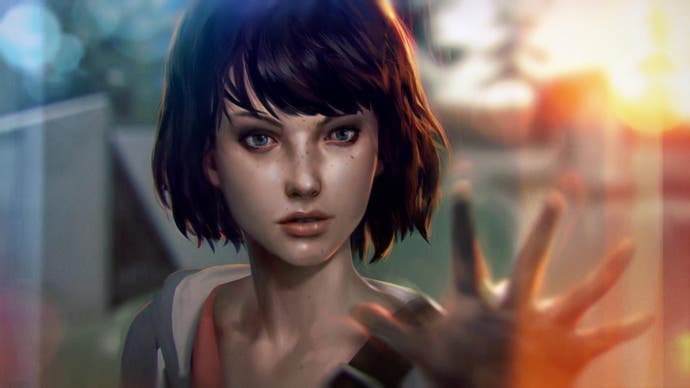
As an adventure its hardly taxing - a couple of light puzzles, some tricky moral decisions - so much of its appeal must come from its storytelling and character. In this regard it gets off to a slightly wobbly start.
Maxine - or Max as everyone calls her - feels very much in the 1990s Clare Danes mould: talented, uncertain, a cypher through which we can judge the people around her. The supporting cast could also come from your high school or college drama of choice, so neatly do they map to the expected stereotypes and cliques.
In terms of adults, there's the slightly tragic hipster photography lecturer, a principal more interested in not rocking the boat than addressing his student's needs, a bullying security guard and even a cartoonishly simple-minded janitor, all of whom are set up so obviously as potential suspects in Rachel's disappearance that you hope they're red herrings.
Chloe Price, Max's childhood BFF, is more problematic. She's the one who needs to glue everything together, and provide Max with a tangible link into her old life as well as the mystery of the missing girl, yet she fails to convince. From her blue hair to her clichéd bad girl behaviour, she feels like a construct rather than a person. Her persona is so contrived, so cookie cutter "cool rebel teen" that she uses words like "hella" and "rawk" without irony. It's kind of embarrassing.
In gameplay terms, there is also a lot that feels familiar. You control Max in third person, with objects and interest and other characters offering context sensitive button prompts when you draw near. Progress sometimes relies on finding specific objects, navigating conversation trees or solving puzzles. Often, the choices you make result in a prompt telling you that there will be future repercussions. It's worded differently, but it's basically Telltale's "X will remember that" mechanic, right down to the statistics screen at the end of the episode showing you how other players tackled the key choices.
The difference here is that Max can rewind time and opt for a different outcome. You can hold down L2 at any time to rewind, or tap L1 to automatically go back to before the last important moment. Max retains any items she's collected, and this is the basis of the handful of puzzles. You may dislodge a required object from a high perch, only to have it fall behind a cupboard. Rewind, place some conveniently placed cardboard in the right spot and you can retrieve the item when it falls.
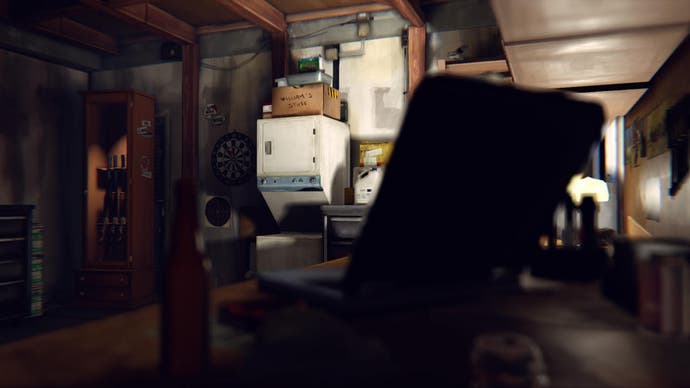
That's about as deep as it gets where temporal tinkering is concerned, so mostly, as with Telltale's games, the pressure comes from seeing how things pay off further down the line. Intervening in an altercation between a student and the campus security guard may earn you favour with that student, but pegs you as a troublemaker in the eyes of the guard. Whatever you choose, Max will ponder the possible negative repercussions and it's up to you whether to heed her concerns. You can rewind and take the other option but the results are never immediately obvious and, to its credit, there are multiple instances where what seems like the obvious "right" path turns sour and vice versa.
At this point in the story, however, the time rewinding feels incongruous with the rest of the plot, included as a gameplay mechanic and then justified narratively, rather than something that actually fits in with what would otherwise be a rather compelling coming of age story with an added mystery twist.
It feels too "video game", basically, and calls to mind the work of David Cage - another clear influence - in its inability to tell a simple human story without slapping a layer of genre pulp on top. It's not enough that Max tackles the drama of teen life and a potential kidnapping or murder, she must also be a psychic time wizard. It feels a little corny and cheap, and this chapter doesn't do enough with the gimmick to justify its inclusion.
The game does at least look the part, displaying a nice eye for environmental detail. In many cases, the intricately realised dorm rooms and houses do a better and more subtle job of establishing the characters than the sometimes lumpen script. The game's best moments come as you poke around in rooms you shouldn't be in, or get to choose your words carefully while striking up new friendships or rekindling old ones. Giving Max fanciful superpowers actually weakens these smaller, simpler pleasures.
So what is Life is Strange? A college drama, crime thriller or supernatural epic? Or all three? Dontnod has certainly earned the benefit of the doubt thanks to Remember Me's quirky progressive take on sci fi action, but this chapter suggests a game with a severe identity crisis and not enough gameplay to hide the joins.
I like the concept, but have yet to be sold on the execution. The story is OK, but hasn't hooked me, while moral choices and rewinding time feel more than a little overplayed as gameplay devices. Here's hoping that over the next four episodes these seemingly disparate themes and ideas will knit together into something stronger.
